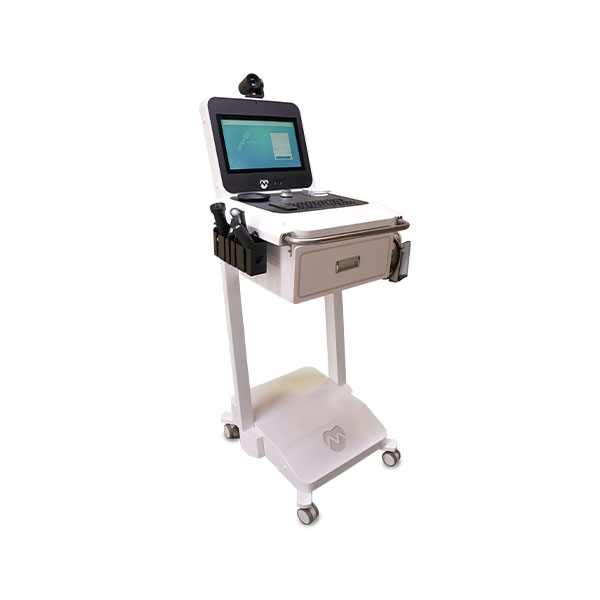Telemedicine Solutions
Major Inequities in Terms of Access to Care and Doctors
In low-income countries, there are on average 0.2 doctors per 1,000 people, while in low-income countries at high incomes, this figure can reach 2.6 doctors per 1,000 people. According to the WHO, there is a shortage of 18 million health professionals worldwide, including 7.2 mission doctors, nurses and midwives.
According to data from the World Health Organization WHO, chronic diseases represent more than 70% of all causes of death worldwide.
In the absence of early detection and adapted management, many complications can happen. An early screening through different strategies is therefore necessary.
Benefits of Telemedicine
MEDIOT, Advanced and connected medicine to prevent health risks
Our solutions are designed to welcome the patient by a healthcare assistant trained by our teams, which will be responsible for registering the patient on our dedicated platform, managing their appointments, collecting their complaints and filling the patient’s file.
During the teleconsultation with the tele-doctor, the exchanges between the patient and the latter are established naturally, and by request of the professional, several instruments can be used to establish the diagnosis.
At the end of the process, the doctor can then write a prescription, offer advice, consider a transfer to a physical care structure or suggest to fix another appointment by teleconsultation.
Provide quality medical care to populations residing in landlocked areas.
Allow all patients to have access to specialized medical services, regardless of their geographic location.
Integrate the patient into a real multidisciplinary care network for complete, interconnected and continuous care for complex pathologies leading to a patient- centric approach.
Real local medicine is now possible, while offering quick and optimized care.
Telemedicine allows real-time medical monitoring of patients at home, avoiding prolonged hospitalizations and reducing the costs of health.
Our Telemedicine Products and Solutions Designed for Preventive Medicine
Integrated telemedicine solutions allow the early detection of chronic diseases and their complications, as well as monitoring and close supervision of patients.
All our products are delivered with software solutions that share real-time health data with Mediot’s shared medical record, hosted on a secure national cloud and interoperable with all third-party information systems. Thus, the medical data of patients is available anywhere and at any time by healthcare professionals for an integrated and uninterrupted care.

Mediot Advanced Cart
Mediot Advanced Cart MT003-A Complete and integrated teleconsultation terminal in the format of...

Telemedicine Pod
Telemedicine Pod MT013-CT Mediot telemedicine pod has been designed to provide the patient with...

Doclick
Doclick This is a multifunction connected health monitor that allows you to measure blood...

Telemedicine Briefcase
Telemedicine Briefcase ML001-A The Mediot telemedicine briefcase is a response to medical deserts. It...

Mediot Basic Cart
Mediot Basic Cart MT002-B Mediot basic cart offers the essential features to achieve general...

Telemedicine Cabin
Telemedicine Cabin MT011-CT The Mediot telemedicine cabin is an integrated teleconsultation, tele-expertise and assisted...
Artificial Intelligence of Medical Things

My Pocket Health
My pocket health is a mobile application developed by Mediot to ensure the continuity of patients received through tele- consultation.
It allows you to follow-up with vital parameters, to make an appointment with your attending physician for a face-to-face or a tele-consultation, and to call an ambulance with real-time location sharing.
It is a necessary platform for the follow-up of patients with chronic diseases, as they can access their medical file at any time, with the possibility of exchanging any type of document (diagnosis, prescription, imaging, etc.) with the tele-doctor.




Embrace the Future of Connected Healthcare
Integrated telemedicine solutions allow the early detection of chronic diseases and their complications, as well as monitoring and close supervision of patients.




